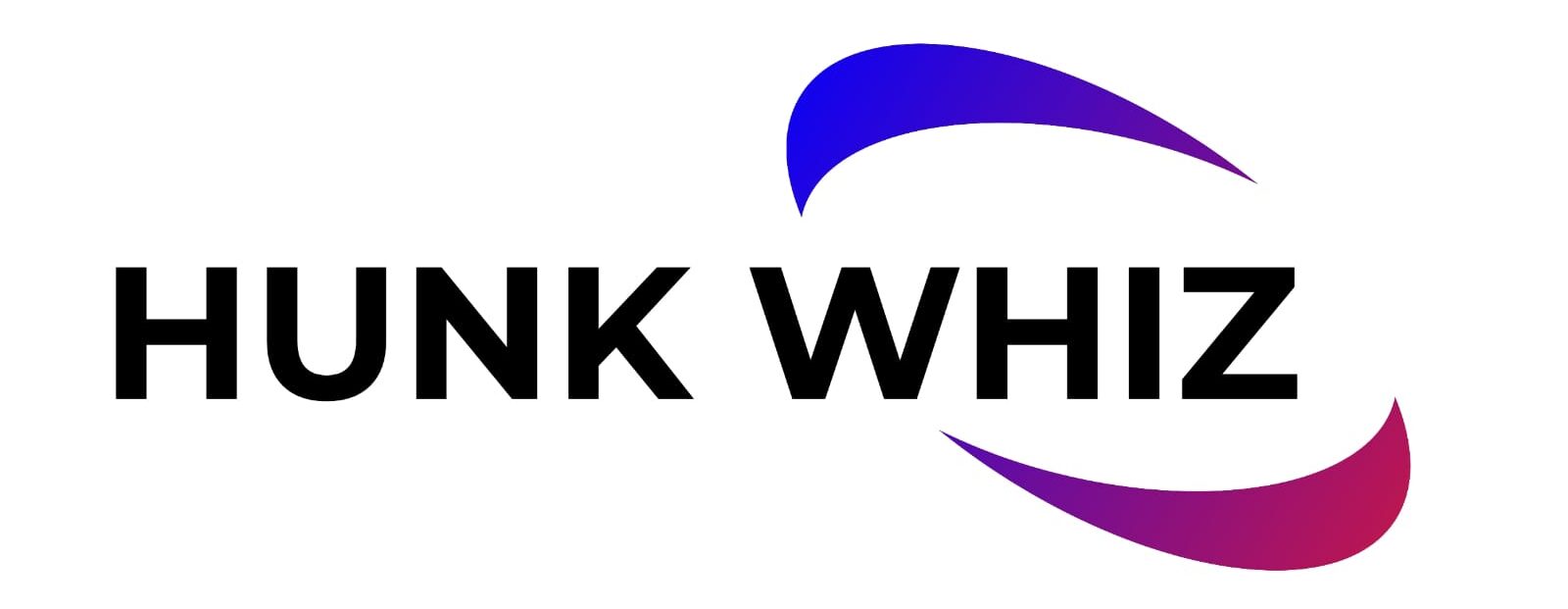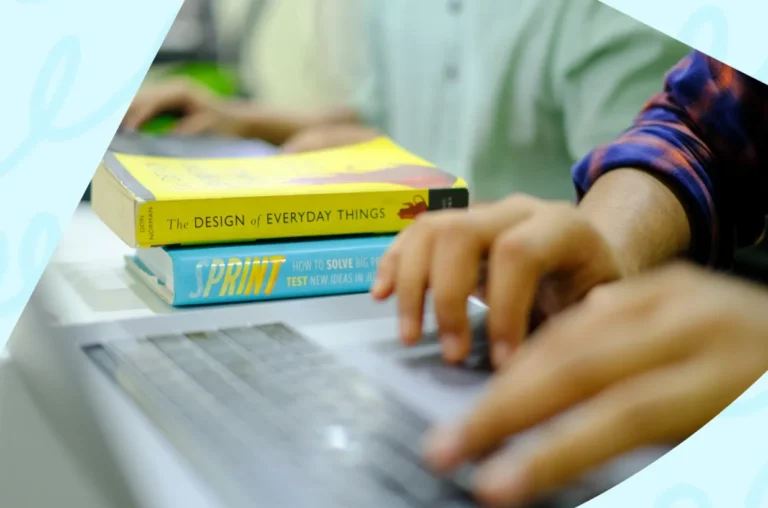While it is an enriching experience, education can be very expensive. Tuition, supplies, and the expenses involved are innumerable, adding up rapidly, and students are trying to save wherever possible. One of the ways students can save big time is through textbooks. Buying from online bookstores, renting, or using textbook buy-back programs can be the way to save more money in their pockets. One of the best ways is to sell your books back for cash at the end of the semester through booksellers like BooksRun 一 an online service that takes all the hassle out of buying, renting, and selling books to guarantee maximum benefit.
The Textbook Dilemma: Why Are They So Expensive?
For students, high textbook costs are invariably an inescapable evil. The publisher very often brings out new editions with minimal changes or additions, so students can’t make do with older editions and have to buy the current one. This leads to too many campus bookstores charging higher prices for these books 一 which students pay if they buy on short notice.
Online websites such as BooksRun solve this problem by giving inexpensive alternatives, from used textbooks to rentals. Their textbook buyback program allows students to get some of their money back by selling books they no longer need. This not only reduces fiscal burden but also introduces the idea of sustainability by giving textbooks a second life.
How to Save Money on Textbooks
Saving on textbooks is a proactive and creative affair. By combining various methods, students can maximize their savings and focus on what truly matters — learning.
Renting Textbooks
Renting textbooks is a practical and cost-effective solution, especially for courses that require temporary use of materials. Booksellers like BooksRun suggest flexible rental terms, allowing students to access the books they need without the hefty price tag. Renting also eliminates the hassle of storing books that will never be used again.
Buying Used Books
Purchasing used textbooks is another outstanding way of reducing costs. Quite often, online marketplaces offer a great selection at greatly reduced prices compared to purchasing a new copy. The used books could show a bit of wear and tear but serve the same purpose for just a fraction of the price.
Selling Your Books Back
Selling your books back for cash at the end of each semester is a very good way to recover some of your initial investment. Services like BooksRun make this seamless, offering competitive rates for textbooks in good condition. By being forward-thinking and keeping your books in decent shape, you can increase their resale value.
Beyond Textbooks: Smart Money Management for Students
Textbooks are only one part of the broader financial puzzle that students face. To truly thrive on a budget, it’s essential to adopt a holistic approach to money management.
Leveraging Additional Income Sources
While finding a balance between work and studies can be very difficult, the difference would be great if flexible incomes could be found. On-campus jobs, freelancing, and even tutoring might provide regular income. Plus, it’s easy to take part in textbook buyback programs that offer extra cash with no additional effort involved.
Searching Out Scholarships and Grants
Scholarships and grants are underutilized resources very often. Many organizations and institutions offer funding specifically to help defray the costs of textbooks. Conducting thorough research and applying early can yield substantial fiscal support.
Sharing Resources
Sharing resources among classmates for textbooks or trading off from previous semesters can greatly cut the cost for all participants. This cooperative approach saves not only money but also builds relationships and teamwork among students.
The Role of Libraries and Online Resources
Libraries are still a great resource for students, and most of the materials are free. Many university libraries offer course reserves where students can borrow a textbook for a limited time. Digital libraries and open-access platforms also offer free or low-cost alternatives to traditional textbooks.
While these options cannot replace having a personal copy for every course, they can certainly help supplement your learning materials and reduce reliance on expensive purchases.
Why Sustainability Matters
Another aspect that has recently gained the consideration of conscious students in sustainability pertains to academics. Rental, buying used, and the purchase for reuse of textbooks in the buyback programs ensure campus sustainability. This is how lifecycle extension decreases the levels of waste, as well as the demand for newly printed books.
BooksRun, for example, saves money and also supports sustainable values by promoting recycling and reusing. The affordability aspect, along with the responsibility towards the environment, makes it a unique choice for students.
Smarter Choices for a Brighter Future
Education is an investment, but it doesn’t have to break the bank. By adopting intelligent strategies for managing textbook expenses, students can focus more on their studies rather than stress over finances. From renting and buying used books to leveraging buyback programs like BooksRun’s “sell your books back for cash” feature, options to save without compromising on quality are galore.
By embracing such practices, one saves not only in wallet terms but also contributes towards a more sustainable and resourceful academic culture. And in a world where every dollar and every decision counts, making smarter choices today will pave the way to a more successful and balanced future.

